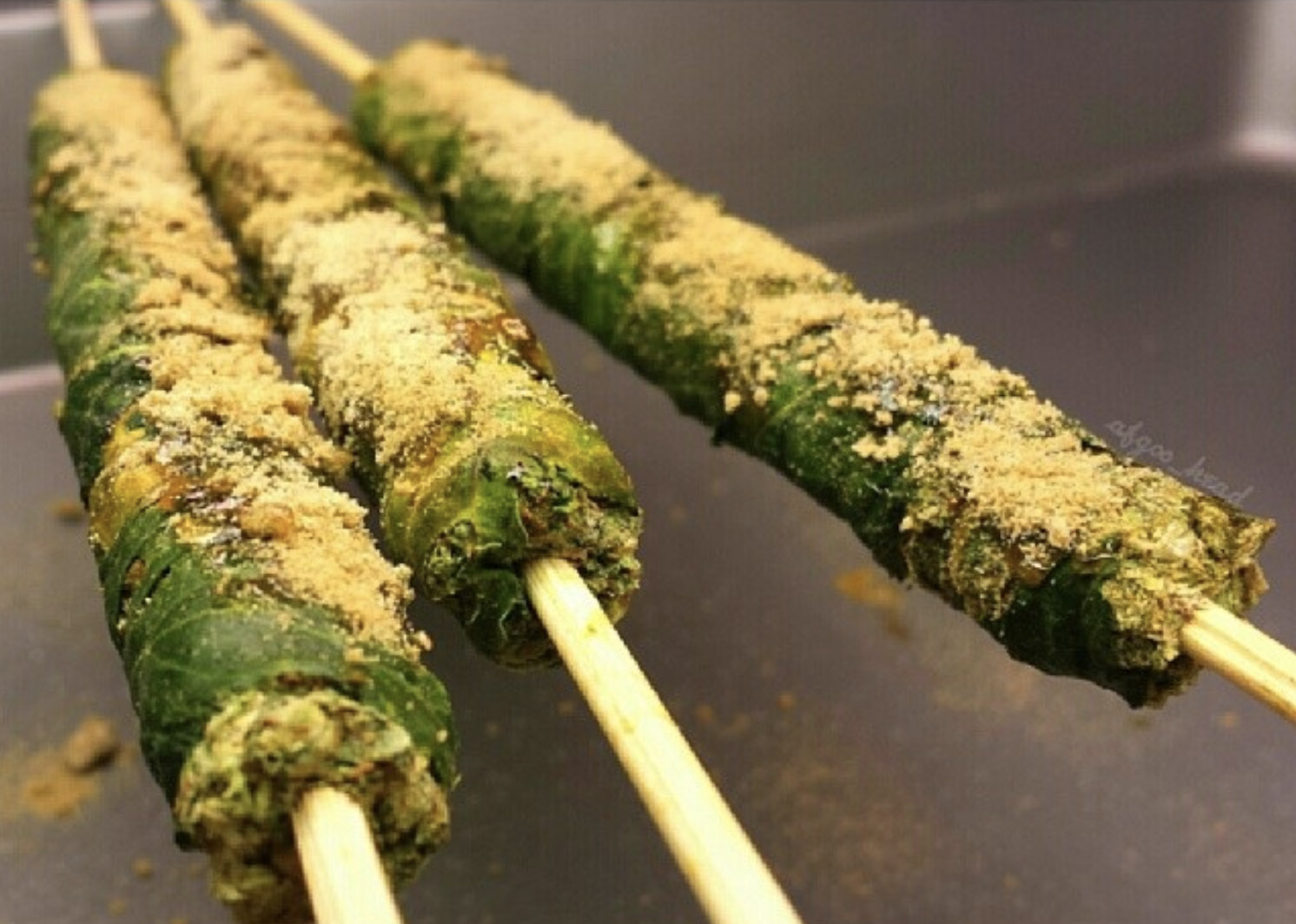There’s only one week left to legalize personal amounts of cannabis under the government’s amnesty program – whether you’re growing or simply using it.
But as with any other budding process (pun fully intended), it can be a little more complicated in practice than on paper, as one man recently found out.
“I don’t think it’s a really fair process right now. It’s a hassle,” said Than Rittiphan, a student activist and international relations major at Ramkhamhaeng University who took time out of his busy graduation day to speak with Coconuts Bangkok.
Than, a member of the New Democracy Movement, got his stash legalized in late February, shortly after the 90-day amnesty program was announced.
The program allows Thais and foreigners alike to legally register their ganja. Applicants who are approved get a certificate declaring their cannabis legal.
“I was the 196th person in the kingdom to go through this process,” Than told us.
Got Stress? Legalize your weed today for these medical conditions
The Steps
On paper, the first step to obtaining amnesty seems simple, but Than said it can actually pose one of the biggest challenges – depending on one’s luck.
First and foremost – even before going to the FDA – applicants must visit a doctor to obtain a medical certificate for an eligible ailment. The doctor is required to sign the document and list their medical license number.
However, whether a doctor will is up to their discretion. Meaning if they have a personal objection or feel they don’t know enough about the new law, they are under no obligation to issue the certificate.
That’s exactly what happened to Than when he went to a psychologist.
But one rejection didn’t deter our man from going to another psychologist at another hospital, and about a week later, he was finally in business.
Than, who declined to name the specific condition he cited in obtaining his certificate, said he went to the same hospital twice: First, to get the psychologist’s evaluation and sign off on his ailment, then again to obtain the results and retrieve his certificate.
With that out of the way, the rest of the process was remarkably simple, Than said. He simply brought his weed to the FDA — applicants can go to its offices in Bangkok or the provinces with a completed application.
“My visit to the FDA, itself, took no time. Only about three to five minutes,” he said.

Then he told us how much marijuana he brought to the FDA to get legalized. We had to ask twice to make sure.
“100 grams?” a reporter asked.
Yes, but it was for about four months of treatment, he explained.
What sounds like a small pillow’s worth of bud though is likely what the FDA considers a “reasonable” amount for ongoing treatment. Stretched over four months, it would be a little under a gram, or about one joint’s worth, a day.
The Stigma
The biggest challenge, according to Than, wasn’t the paperwork but dealing with people’s misconceptions about both the law and marijuana use in general.
“It’s something people truly don’t know enough about … And it’s not just the people’s [misconceptions], it’s the doctor’s, too,” he said.
For example, some people think their stash becomes legal right after the doctor signs the medical certificate, but that’s not the case. “It’s not up to the doctor, it’s up to the FDA. The applicant still needs to register at their office,” he said.
Than believes the public’s reluctance to familiarize themselves with the industry’s development stems from the long-standing demonization of marijuana.
Though the herb has a long history of both recreational and medical use in Thailand, its cultivation, use and sale was prohibited by the Cannabis Act in 1935, then further hamstrung by the 1979 Narcotics Act and the 1975 Psychotropic Substances Act.
Since then, the herb earned a bad rep with Joe Public, reaching a low point during Thailand’s bloody “war on drugs,” which saw “some 2,800 extrajudicial killings” in its first three months during 2003, according to Human Rights Watch.

That perception may be beginning to change, however, particularly among the younger generation as more people begin to understand its benefits – medical or otherwise.
On Christmas Day, Thailand became the first Southeast Asian nation to legalize medical marijuana. The government said at the time that they wanted the legalization to be their New Year’s gift to Thai citizens. The move has enjoyed broad public support, and the March 24 election saw a surprising performance by a rural party that essentially ran on legalizing weed fully.
Just last year, Coconuts TV produced a docu-series – now available exclusively on Netflix – called “HIGHLAND: Thailand’s Marijuana Awakening,” which explores how the legalization movement got started in Thailand.
Coconuts TV spoke to many industry veterans including doctors, patients whose lives have been improved from CBD oil, and members of Highland, a pro-cannabis advocacy group.



Reader Interactions